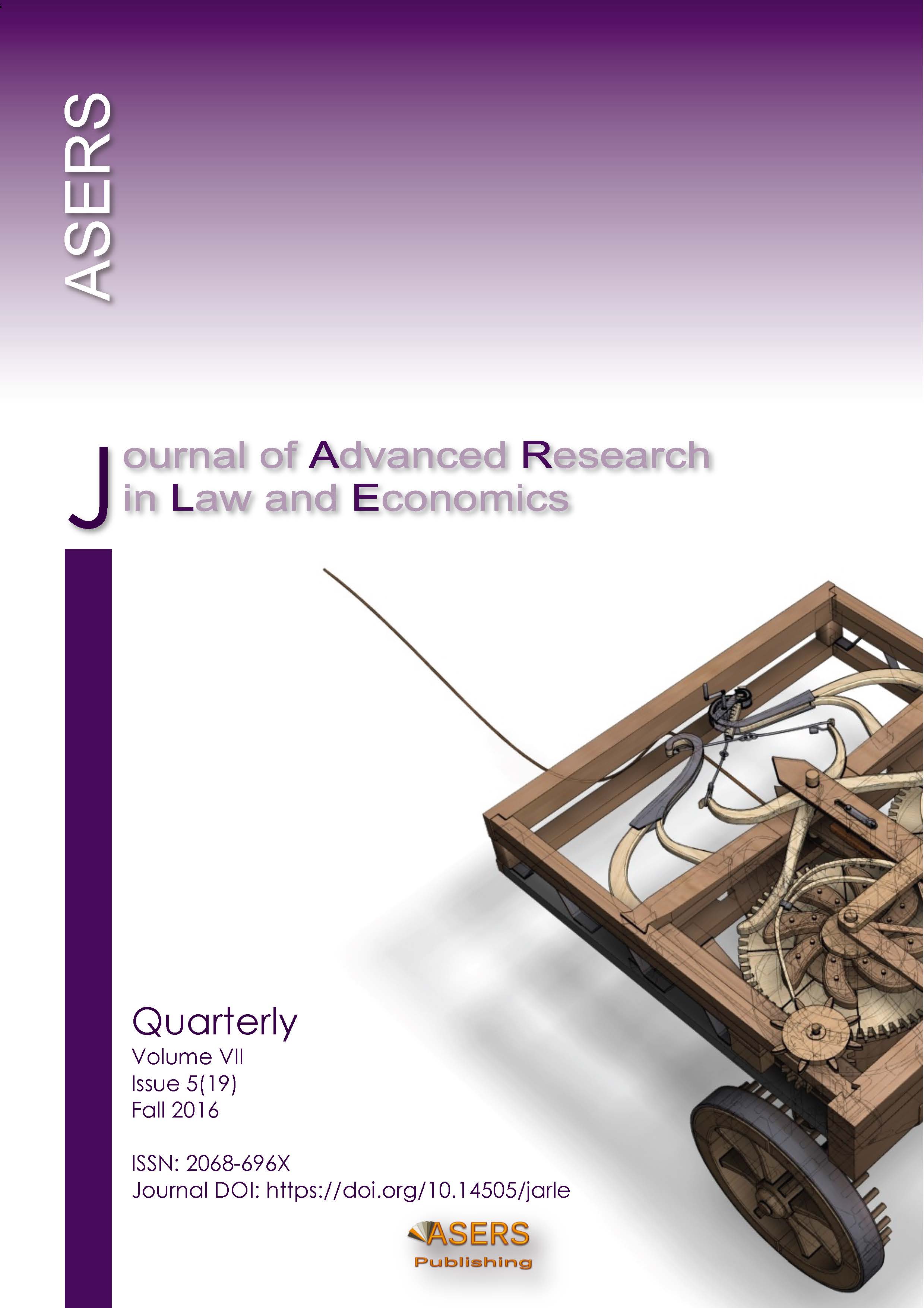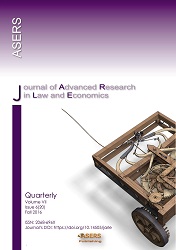Evaluation of Economic Efficiency of Information and Consulting Provision for Agricultural Production of Pavlodar Region of the Republic of Kazakhstan
This paper considers the efficiency of information and consulting provision for agricultural production, which is one of the priorities in the implementation of the state agrarian policy. The main directions of evaluation of the information and consulting service ‘Kazagromarketing’ consist in identifying the degree of impact of information and consulting services on the functioning of agricultural producers and their economic performance. The present paper identifies two main definitions of economic efficiency of the information and consulting service affecting the agricultural production system.Based on the identified areas, there was determined the economic efficiency of information and consulting provision for agricultural production for the application of innovative technologies in the field of crop production, in particular. The evaluation of the economic effect of the use of an innovative technology is possible through the evaluation of impact of information and consulting provision on the operation of agricultural producers and their economic performance. Therefore, one of the measures to determine the economic effect of the application of an innovative technology was a training session combining the presentation of a theoretical material and its practical assimilation. For this purpose, the price and income from the organization and holding of the training session were calculated. An income from one potential participant amounted to 25,100 tenge in the first year.For comparison, an analysis of the efficiency of participation of three experimental households for the application of innovative technologies of the cultivation of agricultural crops was given. The calculations proved the economic feasibility of the implementation of this measure. For all the households the participation in this event was effective. For all the participants a payback period was 3-4 months, and the internal rate of return (IRR) was 26-30%.
More...

